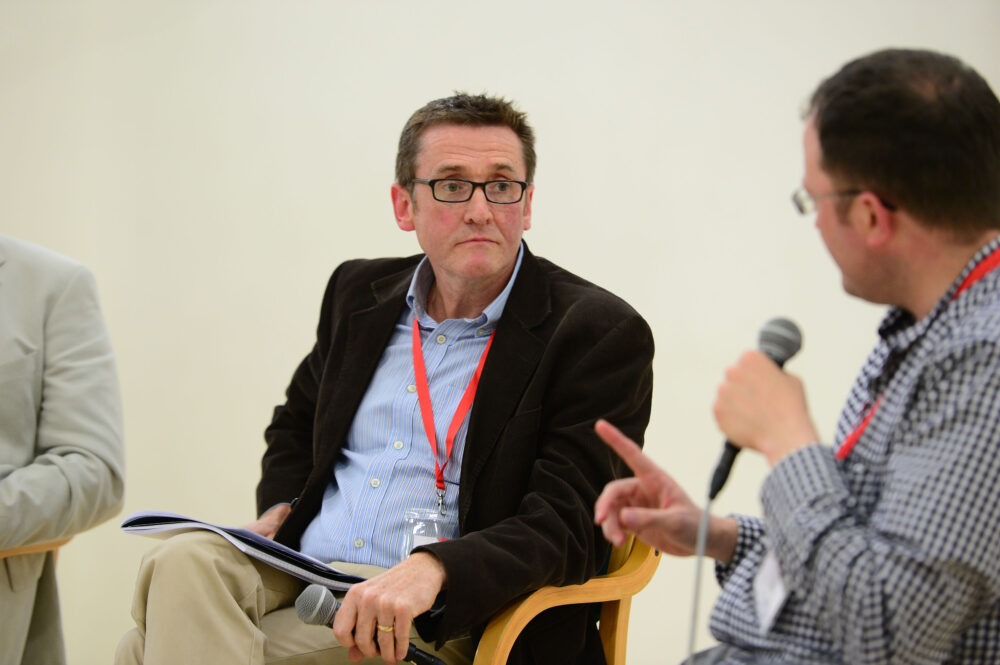New criteria will be used across all education inspections following significant reforms announced by Ofsted today.
From September 2015, schools will be assessed on the same four criteria as early learning and further education and skills providers.
Ofsted’s Better inspection for all report, published today, describes public response to a consultation about the reforms and lists the four new areas for all inspections. They are:
– the effectiveness of leadership and management – which includes curriculum
– the quality of teaching, learning and assessment
– personal development, behaviour and welfare, and
– outcomes for children and learners.
These criteria closely echo the current schools inspection framework under which inspectors make judgements about pupil achievement, the quality of teaching, pupil behaviour and safety, and the quality of leadership and management.
As previously reported, the documents released today also confirm a move towards more frequent but shorter inspections for those schools rated as ‘good’ by Ofsted. Instead of receiving a ‘full’ inspection every three to five years, ‘good’ schools will receive a shorter inspection within a three year period. Ofsted says this will allow signs of decline to be spotted early and necessary action taken while focusing on ensuring good standards are maintained.
The reforms also seek to unify inspection frameworks across the education sector – from early years through to FE. The report states that this “will make it much easier for parents, pupils, learners and employers to compare different providers and make more informed choices”.
Speaking about the changes Ofsted’s National Director of Schools, Sean Harford, said: “Our Common Inspection Framework will ensure a consistent approach to Ofsted inspections.
“It will focus on keeping young people safe, the breadth of the curriculum in schools, the relevance of courses and training in further education and skills, and the quality of early learning.”
A DfE spokesperson said: “A robust and effective school inspection framework is a key part of our plan for education and we are pleased Ofsted is bringing in these changes that will drive further improvements.
“We welcome an approach that reduces the burden on heads and teachers and gives excellent schools more time to focus on preparing pupils for life in modern Britain.
“We look forward to working with Ofsted to shape the detail of these proposals following the results of the consultation.”
The final key reform is to conduct full inspections of every non-association independent school in the country by July 2018.







Decent and competent inspectors would help